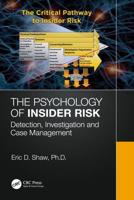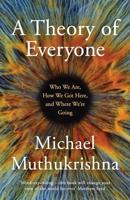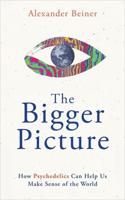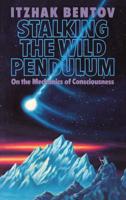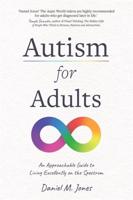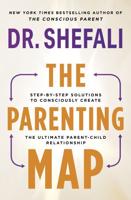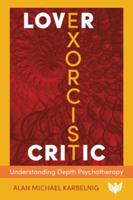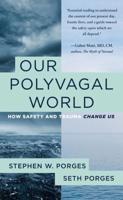Publisher's Synopsis
In this book, David Ray Griffin, best known for his work on the problem of evil, turns his attention to the even more controversial topic of parapsychology. Griffin examines why scientists, philosophers, and theologians have held parapsychology in disdain and argues that neither a priori philosophical attacks nor wholesale rejection of the evidence can withstand scrutiny.
After articulating a constructive postmodern philosophy that allows the parapsychological evidence to be taken seriously, Griffin examines this evidence extensively. He identifies four types of repeatable phenomena that suggest the reality of extrasensory perception and psychokinesis. Then, on the basis of a nondualistic distinction between mind and brain, which makes the idea of life after death conceivable, he examines five types of evidence for the reality of life after death: messages from mediums; apparitions; cases of the possession type; cases of the reincarnation type; and out-of-body experiences. His philosophical and empirical examinations of these phenomena suggest that they provide support for a postmodern spirituality that overcomes the thinness of modern religion without returning to supernaturalism.


